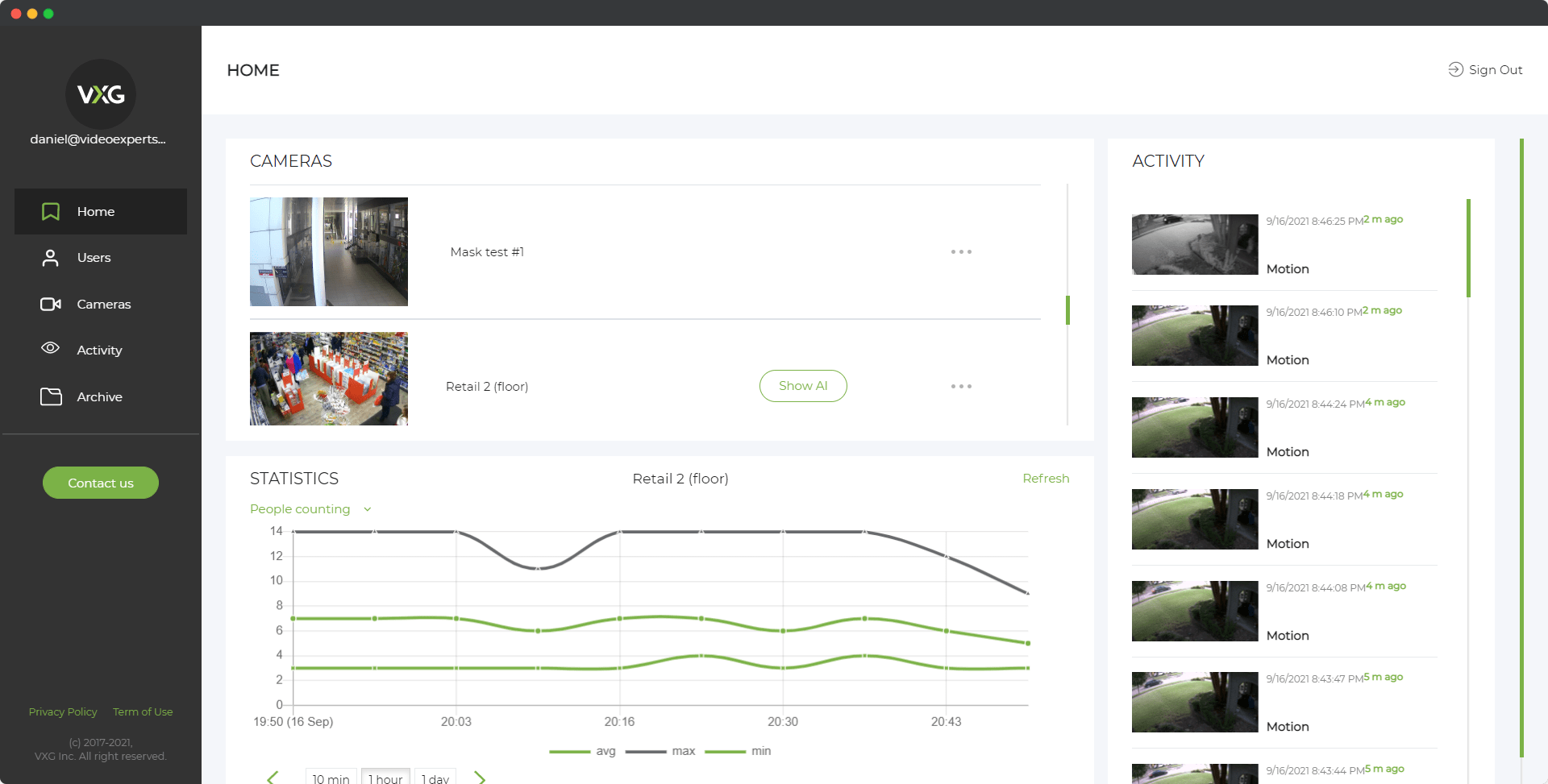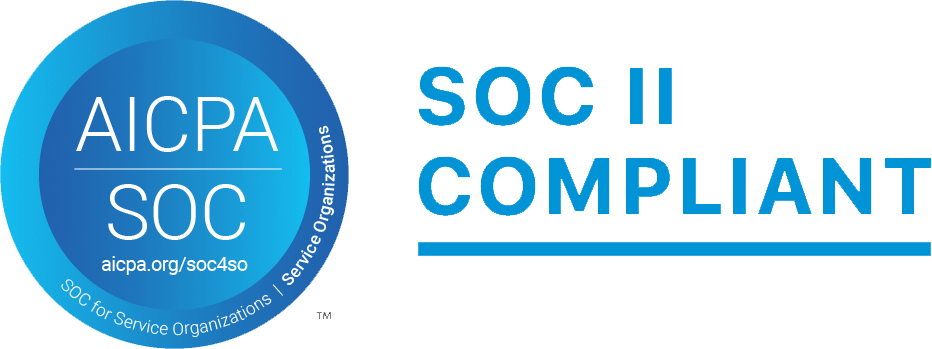Security cameras are a common tool for homeowners, businesses, and public institutions in Washington State. While these devices enhance security and deter crime, their usage is subject to state laws that balance privacy rights with security concerns. Understanding Washington's regulations on security cameras can help avoid legal complications and ensure compliance.
Are Security Cameras Legal in Washington?
Yes, security cameras are legal in Washington State, but their use is subject to privacy laws. Washington follows strict regulations concerning the recording of video and audio, particularly in private settings.
-
Video Recording: Generally legal in public places but restricted in areas where individuals have a reasonable expectation of privacy, such as bathrooms, bedrooms, and changing rooms.
-
Audio Recording: Washington is a "two-party consent" state, meaning all parties must agree to an audio recording unless a legal exemption applies.
Where Can You Legally Install Security Cameras in Washington?
Homeowners and Residential Properties
Homeowners can install security cameras on their property, but they must avoid recording areas where neighbors or visitors expect privacy.
-
Legal Locations: Exterior walls, driveways, porches, and backyards.
-
Restricted Locations: Inside a neighbor’s home, shared common areas (in apartments), or any space where privacy is expected.
Businesses and Commercial Properties
Businesses can use security cameras to monitor premises, prevent theft, and ensure employee safety. However, certain restrictions apply:
-
Allowed Areas: Storefronts, parking lots, lobbies, and warehouses.
-
Prohibited Areas: Restrooms, employee break rooms, and locker rooms.
Public Spaces
Security cameras in public areas like parks, streets, and government buildings are generally legal. However, they must not infringe on individuals' rights under Washington’s privacy laws.
Is It Legal to Record Audio with a Security Camera in Washington?
No, unless all recorded parties have given consent. Washington’s two-party consent law (RCW 9.73.030) requires that everyone involved in a conversation must explicitly agree before being recorded. Violating this law could lead to fines or criminal charges.
Do You Have to Notify People About Security Cameras?
In private properties like businesses and rental units, signage is recommended (but not always required) to inform people they are being recorded. Transparency can prevent disputes and legal claims.
-
Best Practice: Posting visible signs stating "Surveillance in Progress" is advised for businesses and rental properties.
-
For Landlords: Tenants must be informed about security cameras in shared areas but not inside their rented space.
Can Employers Monitor Employees with Security Cameras?
Yes, but with limitations. Employers can monitor employees in workplaces but cannot install cameras in bathrooms, locker rooms, or private office spaces without consent. Audio recording is also restricted under the state’s two-party consent law.
What Happens if You Violate Security Camera Laws?
Violating Washington’s security camera laws can result in legal consequences, including:
-
Fines and Civil Penalties: Individuals may face lawsuits for violating privacy rights.
-
Criminal Charges: Illegal audio recording or hidden camera use can lead to misdemeanor or felony charges.
-
Evidence Exclusion: Illegally recorded footage may not be admissible in court.
FAQs
By understanding these laws, individuals and businesses can use security cameras responsibly while respecting privacy rights in Washington State.
















